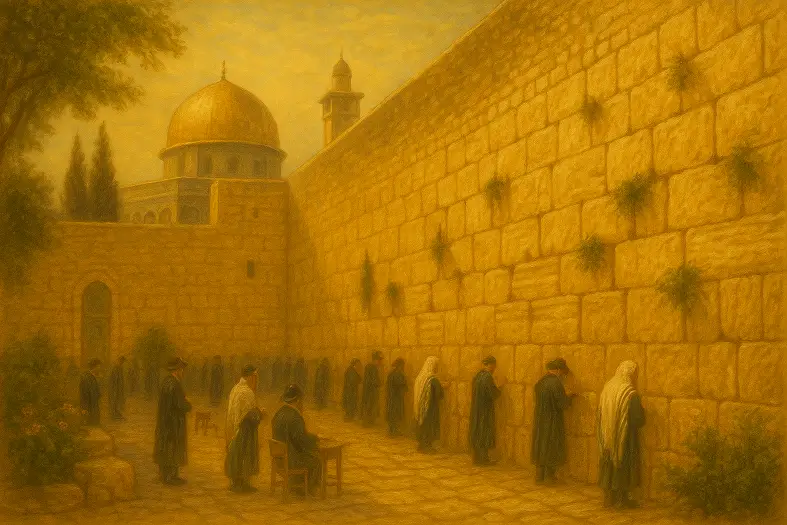


It is forbidden to allow idolaters to reside permanently in the Land of Israel.
This mitzvah prohibits granting idolaters permanent residence in Eretz Yisrael. The Torah stresses that their presence would inevitably influence Jews toward avodah zarah. Rambam codifies that idolaters may not settle in the Land unless they accept the Noahide laws. Sefer HaChinuch highlights the mitzvah as a safeguard to preserve the sanctity of Israel’s people and land. The Talmud distinguishes between temporary visits for business and permanent dwelling, with permanence being prohibited. This mitzvah underscores Israel’s unique covenantal identity, ensuring the Land remains a domain of pure worship of Hashem.
Commentary & Classical Explanation:
Contrast with…
Parallel to…
Protecting the Sanctity of the Land
Boundaries in Society & Culture
Jewish Continuity in Eretz Yisrael
Technology & Globalization


Mitzvot that prohibit worship of false gods and practices associated with idol worship.
Mitzvot that strengthen communal life — showing up, participating, supporting, and belonging. Community is where holiness is shared, prayers are multiplied, and responsibility becomes collective.
Signifies awe and reverence toward Hashem—living with awareness of His greatness and presence.
Represents Emunah—the deep, inner trust in Hashem’s presence, oneness, and constant involvement in our lives. This badge symbolizes a heartfelt connection to G-d, rooted in belief even when we cannot see. It is the emotional and spiritual core of many mitzvot.
Relates to internal intentions, beliefs, and mindfulness in performing mitzvot or avoiding transgressions.
Mitzvot that define and deepen the relationship between a person and their Creator. These include commandments involving belief, prayer, Shabbat, festivals, sacrifices, and personal holiness — expressions of devotion rooted in divine connection.
Mitzvot that govern ethical behavior, kindness, justice, and responsibility in human relationships. These actions build trust, dignity, and peace between people.

Dive into mitzvos, prayer, and Torah study—each section curated to help you learn, reflect, and live with intention. New insights are added regularly, creating an evolving space for spiritual growth.

Explore the 613 mitzvos and uncover the meaning behind each one. Discover practical ways to integrate them into your daily life with insights, sources, and guided reflection.

Learn the structure, depth, and spiritual intent behind Jewish prayer. Dive into morning blessings, Shema, Amidah, and more—with tools to enrich your daily connection.

Each week’s parsha offers timeless wisdom and modern relevance. Explore summaries, key themes, and mitzvah connections to deepen your understanding of the Torah cycle.